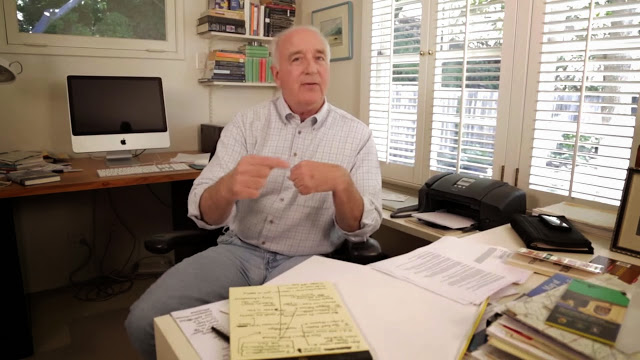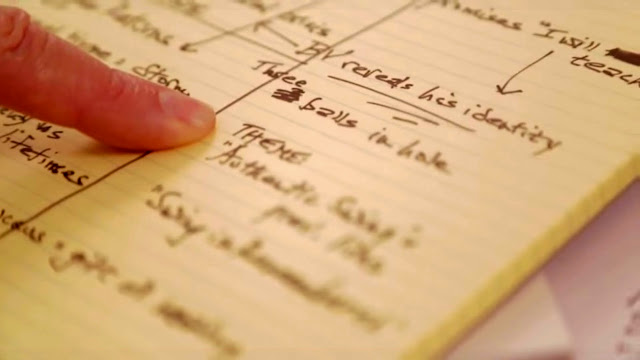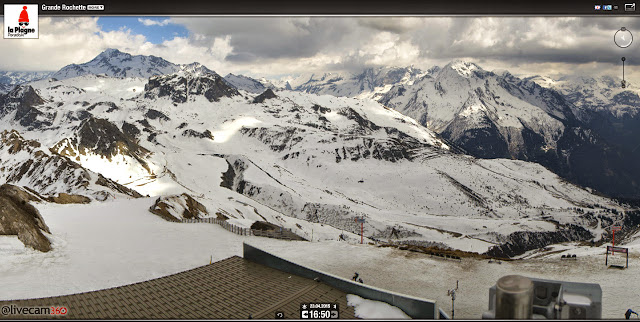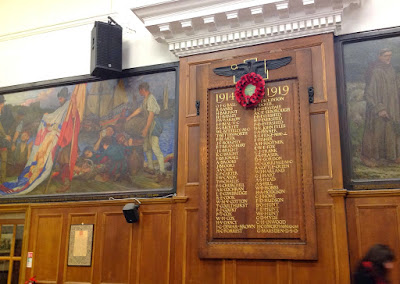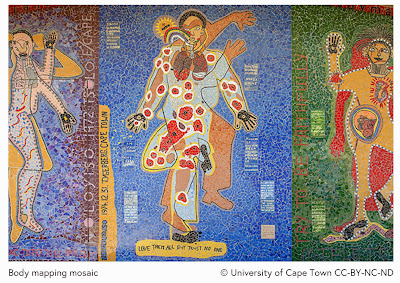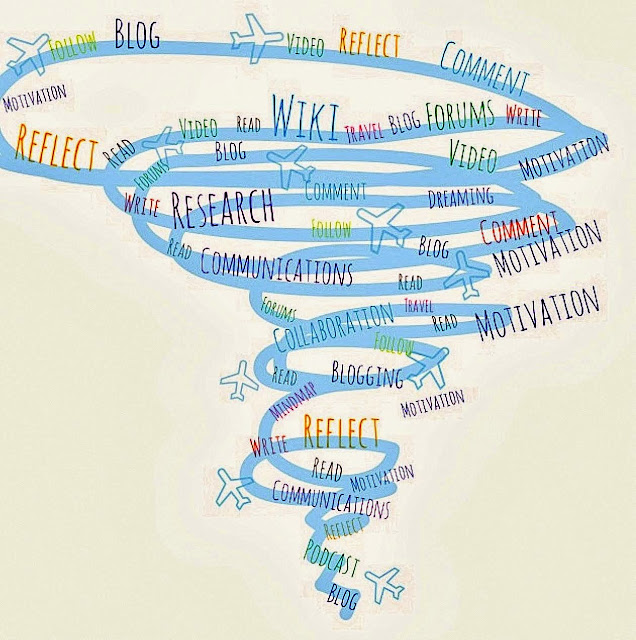Fig.1. Philip Pirrip is confronted by the 'fearful man, all in course gray ... '
Start Writing Fiction is a FutureLearn Course. Its content makes up part of an OpenLearn Course. It is a thread in the Creative Writing Course here at the OU.Three months on having completed the course it is about to repeat. I'll be there.
Fig.2. How we learn in the 21st century. J F Vernon E-learning (2011)
We learn through repetition; not simply learning by rote.
We learn through passing through the same loop over and over again. There is nothing so special about graduation, gaining an MA, a PhD or achieving the lofty status of 'professor' so long as you are willing to climb, as if on a thermal, one focused ever ascending loop seeing the same thing over and over again in new light, until, through insight or height from the ground you see something new and have something new to say.
There are some key lessons to learn from 'Start Writing Fiction; (SWF)' though it is never the whole story - for that you need to sign up to a graduate course on Creative Writing. There's plenty to work with though. I look forward to being reminded what matters. It kicks off again on 27th April and runs for three months.
Reading matters as much as writing.
The precocious child who read copious volumes and gets into literature in their early teens has an advantage. I was slow to read and reluctant to read. The only novels I may have read as a child were forced on me through school. Even in my teens as I read 'Great Expectations' and 'Silas Marner' for O' Levels and 'The Mayor of Casterbridge' for A' Levels I did say like a parrot: If I picked up an 'B' grade at both levels it was only because I regurgitated precisely what I had been tutored to put down.
Over three decades later, 33/35 years later to be exact if I check my diary from that time, I am reading Dickens with fresh eyes.
My late mother bought me a second hand edition of all the Dickens novels. I never read one. I now have 'Great Expectations' for free courtesy of 'Project Guttenberg' on my Kindle. I am reading it with lessons from 'Start Writing Fiction' in the front of my mind. SWF concentrates on the key, though not only component, of good writing: character. I am chewing over every line of Dickens with a rye smile on my face: I see what he's doing with Pip, with the escaped convict from the hulk, his older sister and her husband Joe the Blacksmith, with Miss Haversham and Estella. If 'character is plot' then the plot moves, in a series of steps, over the heads of each character. We are carried by Pip with repeated moments of laugh out loud insights to a child's perception and feelings for the world. How had I not see this before?
For the umpteenth time I am doing what doesn't come naturally to me: I should be painting, not writing.
Intellectually I feel like the child who is left handed who had than arm tied behind his back as a child to force him to write against his will with his right. I have managed well enough, but it is against character and it is too late to correct? I need to work with words as the text that describes what I see. Text has other values too of course. It can carry a story beyond a single canvas.
A creative writing tutor, editor and author - former opera singer and opera director - Susannah Waters in reviewing my writing on a retreat last September gave me more than SWF can do on its own. An A4 sheet torn in half offers the following tips on 'Scene Building:'
- Who am I?
- Stay in the person's head
- Put me in the place
She expands on these.
Every line of 'Great Expectations' is in Pip's voice, written as autobiography much later in life, in the moment, capturing for now, his wonder, fear, feelings and hopes. It helps me enormously as I try to construct a story of my own set in the couple of decades 1966 to 1986, rather than 1820 to 1860. Characters don't change, technology and society does. It helps me to contain my imagination and fears as I feel it falling apart. Character will hold it together; each character needs to surprise.
I wish I could find the link to the BBC Radio 4 programme in which an author, Michael Morpurgo or Alexander McCall Smith talks about writing; it was on over the last three weeks. Or was it on TV?! Tips and devices were spoken of, but what had most resonance for me was the idea that an authors wonder at even the most mundane creates interest for the reader.
I used to discount Dickens as old fashioned; I now feel that I am reading Dickens with the same wonder of someone who has broken through the fog of a new language and is becoming fluent. Can I now translate this into my own writing? For now the juggling game I am playing is my writing in one hand, Dickens in the other.
Sharing where I stand matters hugely. Knowing that others are following my journey and are supportive matters: it keeps me going. Being online matters. It is the next best thing to standing on a soapbox in the local park and reading passages from my efforts. Feedback matters as it guides you.
On this retreat last September we read out our work, actually Susannah read my piece for me as I wanted to hear it from a different voice. We were around an open fire in a cottage in Devon. Telling stories around a fire takes you back to the origins of storytelling; what must you say to hold their attention, to keep them entertained, to make them cry (I did with that one), to make them laugh, fear, hope, clap, get angry ... and ponder, even panic over the outcome. In that story I had a soldier in the First World War slowly sinking into mud, up to his chest and neck ... screaming for life.


